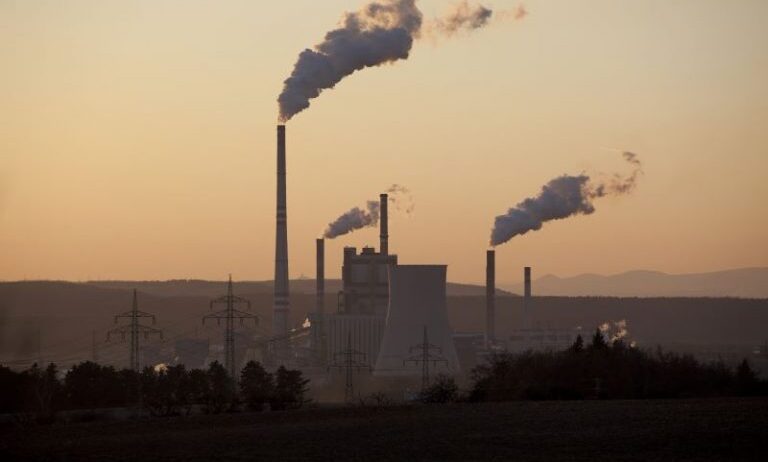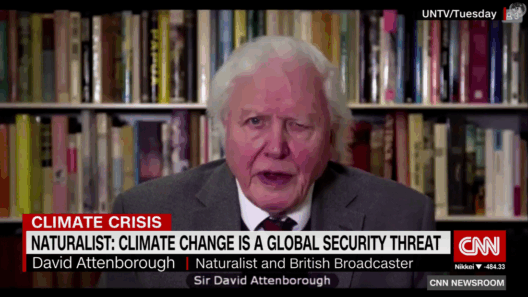As global discussions increasingly gravitate towards sustainable energy solutions, the question arises: can fossil fuels and coal burning still be defended? This inquiry evokes a multitude of perspectives, merging economic, environmental, and social considerations. Historically, fossil fuels have powered industrial revolutions and fueled economic growth. Yet, as the world veers towards an inevitable confrontation with climate change, a reevaluation of these energy sources becomes paramount.
To understand the underlying complexities, it is essential to dissect the multifaceted roles that fossil fuels have played. From the dawn of the Industrial Revolution, fossil fuels—including coal, oil, and natural gas—have facilitated unprecedented technological advancements. They have enabled mass transportation, industrial manufacturing, and electrification of urban areas. Proponents argue that the economic benefits derived from fossil fuel exploitation cannot be understated; numerous industries rely on these resources for production and employment.
However, despite these advantages, the environmental ramifications are undeniable. The combustion of fossil fuels produces greenhouse gases (GHGs), chiefly carbon dioxide (CO2), which contribute significantly to global warming. Climate scientists have reached a consensus on the urgency of transitioning to renewable energy sources to mitigate these effects. The paradox lies in the fact that while fossil fuels catalyze growth, they simultaneously jeopardize the very ecosystems that support human life.
Critics of fossil fuel dependency often cite the fatalities linked to air pollution, caused by burning coal and other fossil fuels, leading to respiratory diseases and premature deaths. The World Health Organization has documented millions of deaths attributable to air quality degradation resulting from fossil fuel combustion. This reinforces the notion that reliance on such energy sources poses not only environmental but also public health risks.
Yet, some orthodox proponents continue to defend fossil fuels on grounds of reliability and economic integration. The energy sector faces challenges involving energy security, particularly in regions where renewable technologies remain underdeveloped. These advocates posit that a sudden abandonment of fossil fuels could disrupt economies that depend heavily on these energy sources for stability and growth. Consequently, they advocate for a gradual transition, characterized by a mix of renewable energy and fossil fuels during a shift towards sustainability.
Furthermore, the argument in favor of renewable energy sources often falls short when it comes to reliability. Solar and wind energy, while promising, depend on natural conditions, making them less predictable than fossil fuels. Proponents argue for the necessity of maintaining fossil fuel-based power plants as a backup to ensure energy stability during periods when renewables fall short. This perspective emphasizes the pragmatic approach needed in an energy transition.
Additionally, fossil fuel companies have recently pivoted towards claims of innovation. The advent of carbon capture and storage (CCS) technologies implies that we might be able to discern a path for fossil fuels that minimizes their environmental impact. Proponents suggest that these technologies could mitigate emissions from coal burning, thereby prolonging the utility of existing fossil fuel infrastructure. However, critics remain skeptical, underscoring that CCS is yet to be deployed at scale, and its efficacy remains uncertain.
Another salient point in the defense of fossil fuels is the socio-economic disparity parameter. Many developing nations rely on coal and other fossil fuels as the bedrock of their energy systems. The energy produced facilitates education, healthcare, and economic development, playing a crucial role in combating poverty. In this light, advocates assert that forcing a premature transition could exacerbate inequities, hindering progress in countries already grappling with socio-economic challenges.
However, burgeoning evidence suggests that renewable energy systems can be economically advantageous in the long run. The cost of solar panels and wind turbines has plummeted, prompting a transformative shift in energy dynamics worldwide. In many cases, renewables now comprise cheaper alternatives to coal and other fossil fuels. As technological advancements accelerate, the prospective efficiency associated with renewables could outpace that of traditional fossil fuel production.
Moreover, the burgeoning green economy presents vast job opportunities. Transitioning towards renewable energy systems could engender millions of jobs in manufacturing, installation, and maintenance. This shift is not just a matter of replacing jobs but rather creating new avenues for social mobility and economic resilience. Advocates for an energy transition emphasize that this pathway must also include retraining programs for workers in traditional fossil fuel sectors to ensure they are not left behind in an evolving job landscape.
The geopolitical implications of fossil fuel reliance further complicate the discourse. Nations rich in fossil fuel reserves often exert considerable influence on global markets and policy decisions. This dynamic can lead to uneven power structures where fossil fuel-rich nations resist shifts to renewable energy due to economic self-interest. Navigating these complexities demands international cooperation and innovative regulatory frameworks to promote equitable transitions.
Ultimately, as the debates regarding fossil fuels and coal burning continue, the conversation must evolve towards a recognition of the urgency surrounding climate change. While there are arguments defending their continued use from an economic standpoint, the overwhelming evidence points towards a pressing need for transition. Balancing energy integrity with ecological responsibility requires a radical rethinking of our energy paradigms, one that embraces innovation, justice, and global cooperation.
In conclusion, while the defense of fossil fuels may still find relevance in specific contexts, the quest for sustainability and the health of our planet must take precedence. A commitment to exploring alternative, cleaner energy solutions is not merely an option; it is an imperative for the future well-being of humanity. With every passing moment, the stakes escalate. The time for decisive action is now, to ensure that the generations to come can thrive in a healthier world.







